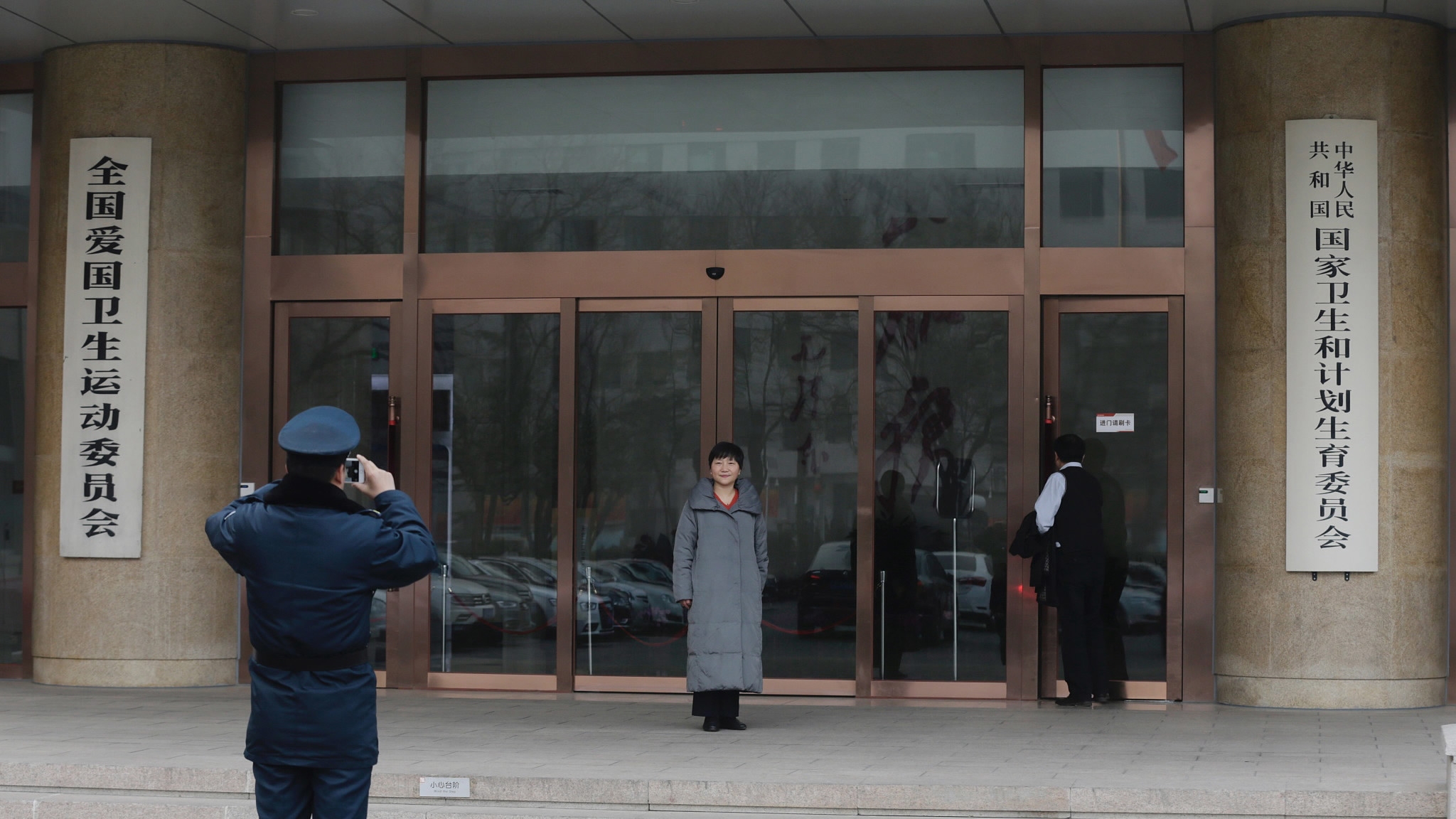
Politics
22:41, 14-Mar-2018
China to replace National Health and Family Planning Commission with National Health Commission
CGTN

China plans to replace the existing National Health and Family Planning Commission with the National Health Commission, a document on a State Council institutional reform plan said on Tuesday.
The move aims to promote the "Healthy China" initiative and ensure the delivery of comprehensive health services for the Chinese people, the document said.

VCG Photo
VCG Photo
What does the National Health Commission do?
– Formulate national health policies;
– Coordinate and advance medical and health care reform;
– Establish a national basic medicine system;
– Supervise and administer public health, medicare, health emergencies, and family planning services;
– Make policies to deal with an aging population and incorporate medicare with old-age care.
What did the National Health and Family Planning Commission do?
The National Health and Family Planning Commission was created in March 2013 after the merging of the Health Ministry and the National Population and Family Planning Commission.
– Planned the resource allocation of medical care, public health and family planning services;
– Established a basic medicine system to standardize drug prices;
– Formulated the country's family planning policy;
– Supervised and administered public health, medical care and family planning services;
– Administrated affairs related to traditional Chinese medicine.
Healthy China 2030

VCG Photo
VCG Photo
The "Healthy China 2030" initiative was proposed by Chinese President Xi Jinping in 2016, aiming to promote the health and fitness of the Chinese people.
Under the plan, the country will provide more accessible and better medical and health services to improve people's well-being.
The average life expectancy will be increased to 77.3 by 2020, and to 79 by 2030.
It also aims to create more community groups to promote healthy lifestyles. One-third of the Chinese population, about 435 million people, are expected to be exercising regularly by 2020.

SITEMAP
Copyright © 2018 CGTN. Beijing ICP prepared NO.16065310-3
Copyright © 2018 CGTN. Beijing ICP prepared NO.16065310-3